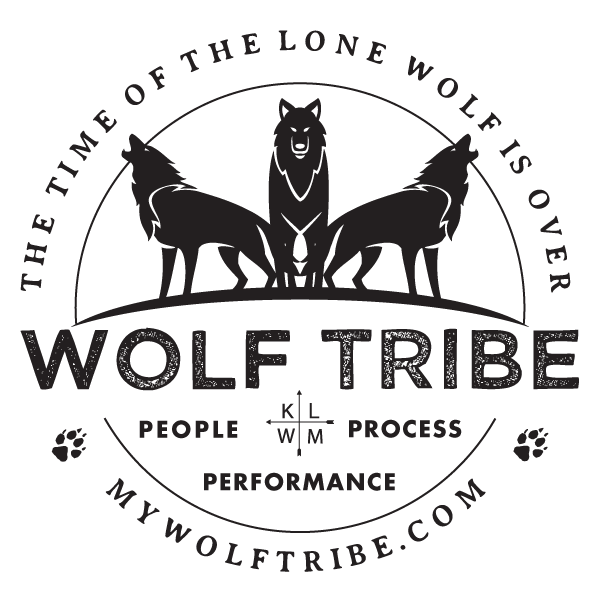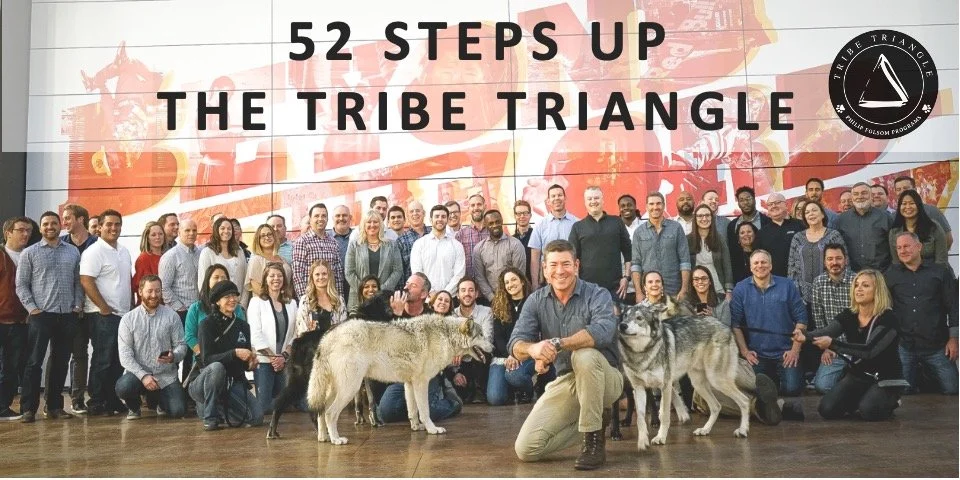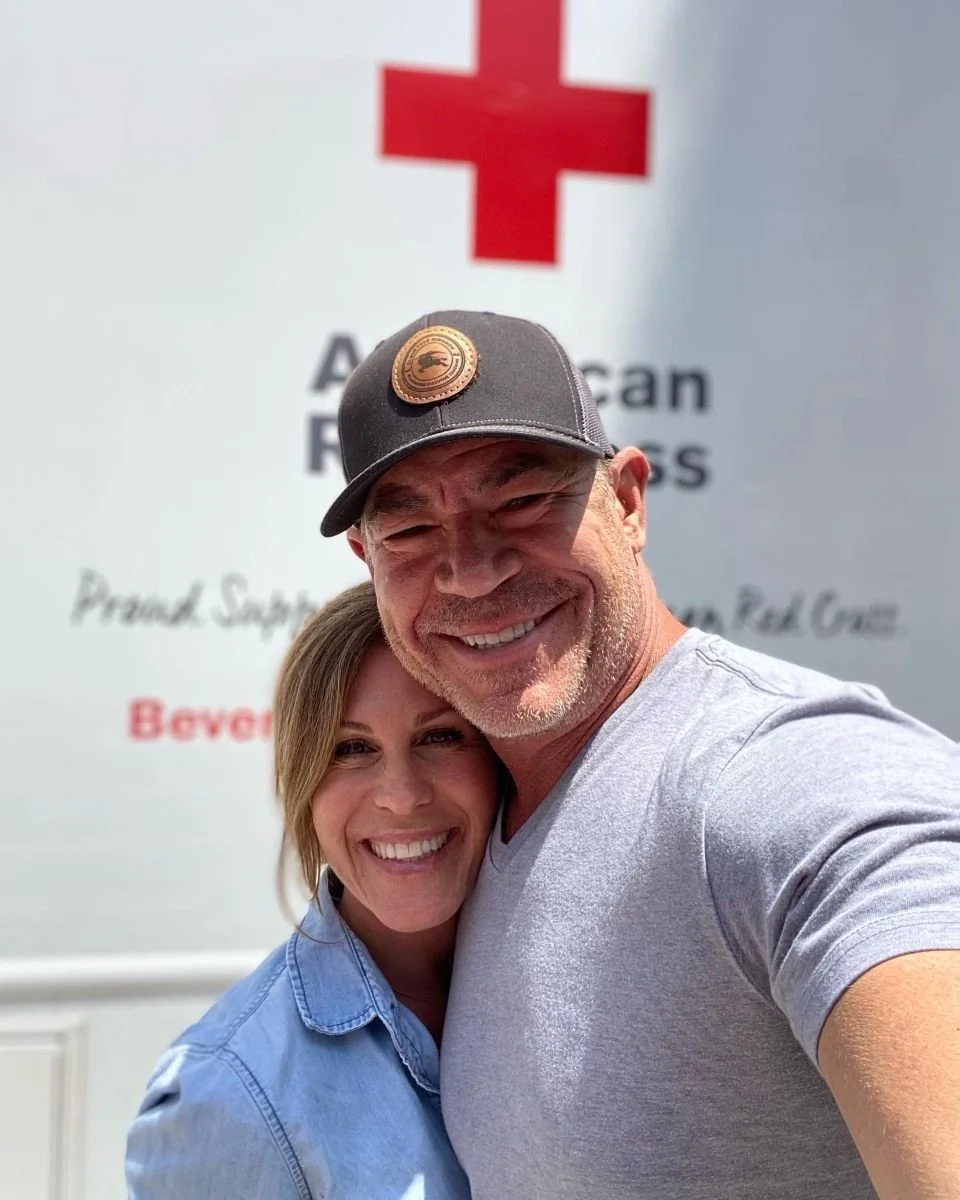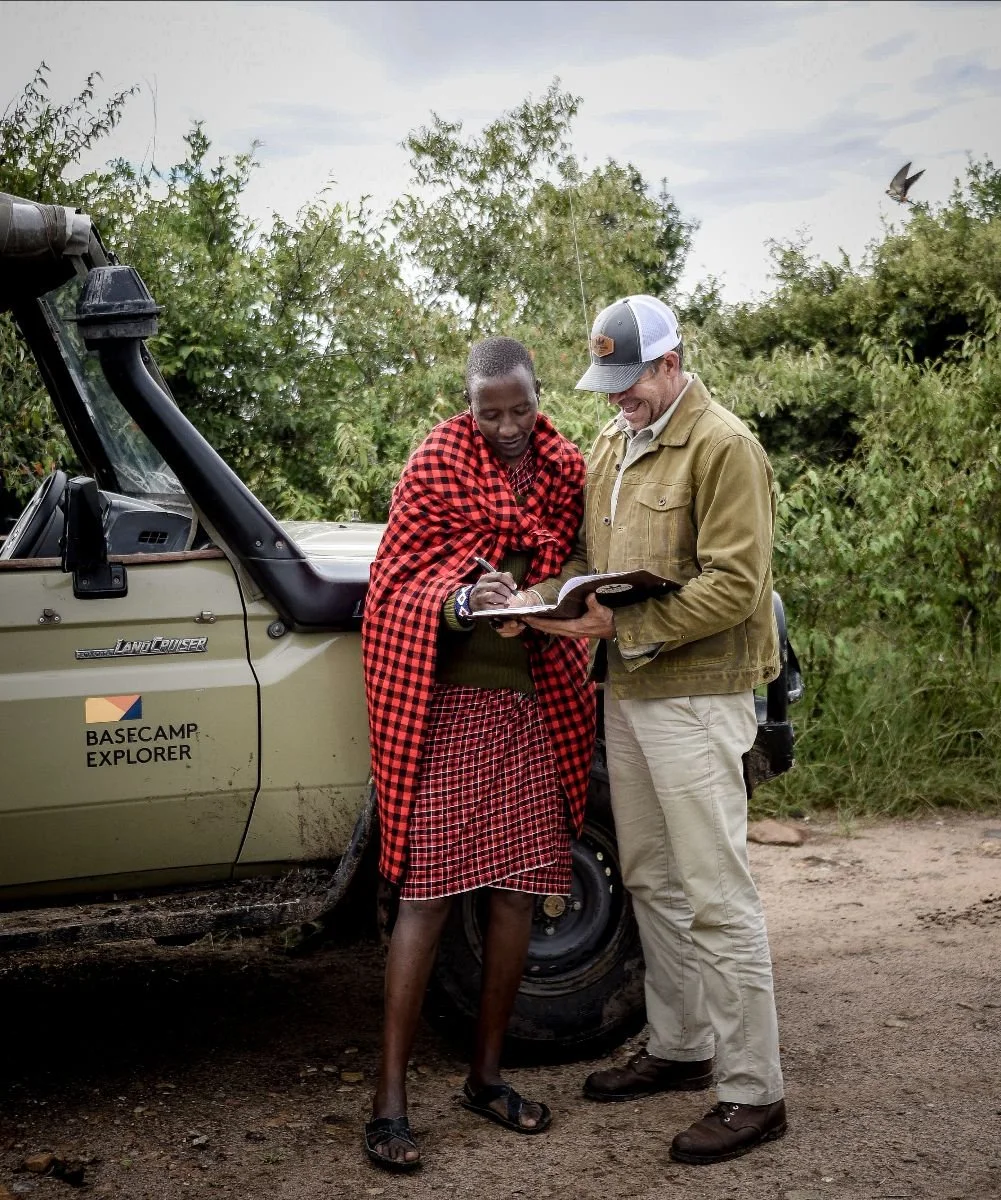Step 48 Up The Tribe Triangle: The Power of Service
“The best way to find yourself is to lose yourself in the service of others.”
-Mahatma Gandhi
Success is a noble pursuit, especially if you were unsuccessful when you were young or if you came from a family or organization with a history of personal and professional dysfunction. Becoming successful is how we initially break ancestral curses and heal ancestral wounds.
At some point, that success will be revealed as a necessary but superficial accomplishment and a more worthy version of success becomes available, sustainable success. This, more powerful impact on the world contains the development of ongoing abundance and transformation for all the people involved in your organization. Within sustainably successful families and teams, leaders are born, powerful traditions are developed and the true legacy of growth across communities is established.
Embracing the components of Sustainable Success is the way we move into the service of our people and the world. This process will unlock the two big goals of life, freedom and meaning (which are covered in the next chapter).
“There is no higher religion than human service.
To work for the common good is the greatest creed.”
-Woodrow Wilson
Best Practices of Service
Service provides sustainable, meaningful engagement for your people and yourself. This important success driver comes from the fact that people will invest more and work harder for things that are significant and elevate the perceived importance of their investment of time and energy. Service sits at the top of that list of importance. There is a deep anchor of idealism and altruism to the idea of service because it is a component to all philosophies and spiritual practices throughout history. The idea of service runs deep in humanity and may well be the most important differentiator of our species.
When we believe we are providing legitimate service to people and organizations it translates to providing value. This is central to not only the way we do our jobs but also how we communicate what our jobs are to the world. This is an indispensable factor of marketing, brand and organizational commitment.
Very few people view selling or working for money alone, favorably, however, providing value is looked at positively. Making money and serving are often the same thing and it is your job to clarify and promote the value that your people and organization is providing. If you are struggling with this, dig deeper on how and what you are doing to serve the world and how it benefits people.
In addition to how your people view providing service, your clients and community also react positively to people and organizations that are service oriented. This drives customer retention as well as community retention. Retaining friends and customers is significantly easier than finding new ones. The way you take care of people and the role you play in your community is a vital aspect of the way your personal and organizational brand is viewed in the world
“People don’t care how much you know until they know how much you care.”
-Theodore Roosevelt
Servant leadership can be a valuable aspect of fostering the power of service in your family and organization. Servant leadership is the philosophy of supporting and championing the individuals in your team. Implementing this leadership style requires modeling the behavior of working to impower others over working for power yourself. Servant leadership is another lever in creating self-directed, intrinsically motivated people which are needed for delegating and scaling successfully. Servant leadership is a necessary component of creating other leaders.
The Challenge of Service
Ultimately sustainable service is modeled by self-care and success in the ongoing service of others. Service also must include service to self. Remember, you are the head of culture before you are anything else and if you are not acting and being sustainably successful you are not truly serving. You are being a martyr.
Service can easily slide into martyrdom if we are not building in the idea of sustainability to our schedule and workload. If you find yourself regularly putting yourself into situations where you are over-stressed and overwhelmed you have crossed into martyrdom.
Another unhealthy version of service is the inability to delegate and ask for help. This is particularly true if your reason for not reaching out is not wanting to burden others and shouldering that load yourself. Another aspect of this is making yourself constantly available and not setting healthy boundaries. We cannot continue to serve if we do not serve ourselves as well.
As leaders it is easy to slip across the unmarked line from service to martyrdom. You can see this threshold clearly by asking yourself if you are modeling the behavior that you want your team and family to emulate. Is it sustainable, vital and built on a foundation of self-interest and self-love? Remember, you are the head of culture before you are anything else and what you model is what your culture will eventually become. Your people will do what you do, not what you say, so do the right thing for yourself and the world because you are an important part of that world.
Service is not just a good way to live life, it is the way to live life fully. Self-interest is not selfish and service is not self-sacrifice. The martyr’s message is how he sacrificed his life. The successful Tribe Leader’s message is how he lived his life.
“Service to others is the rent you pay for your room here on earth.”
-Muhammad Ali
Click here to watch the video of Step 48: The Power of Service
Leaders Must Write and Speak
Answer these questions in your journal by really writing them down. Discuss them with at least one of your most important people and really listen to their response.
Can you crystalize the service you and your family and work team bring to the world in one sentence? If not, spend some time thinking, writing and speaking this topic to your people. It will be a valuable process and an even more valuable outcome for both you and your team.
When does your service slide into martyrdom? Putting yourself in stressed out situations? Not asking for help? Not setting healthy boundaries?
After you have written your answer share it with your people.
Ubuntu,
Philip Folsom






